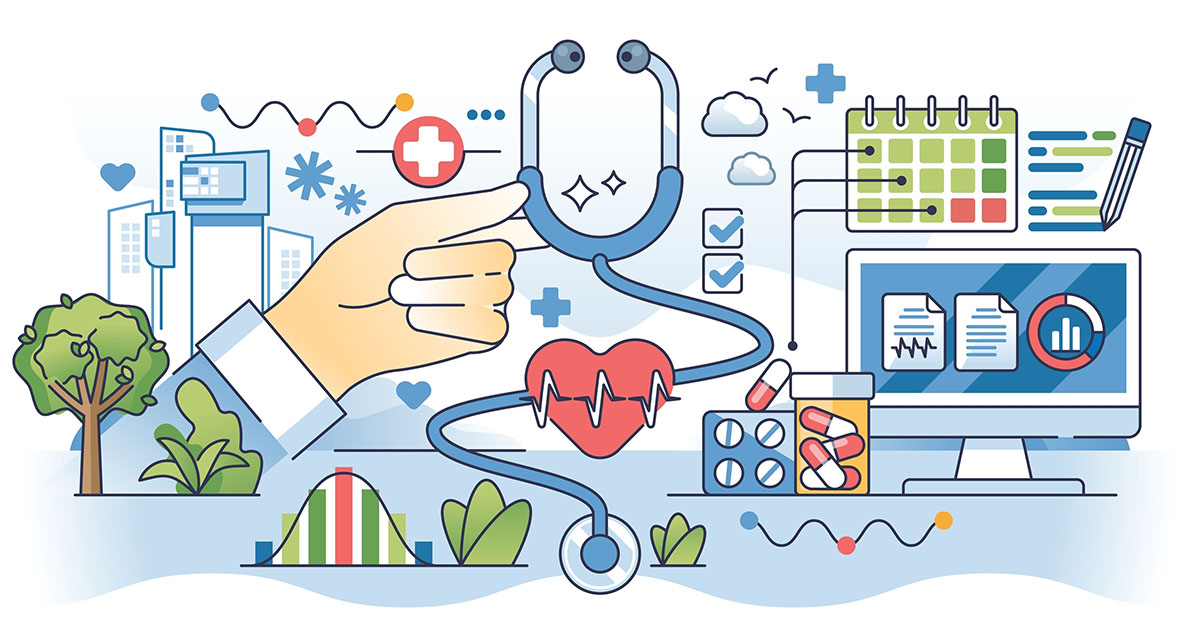When cash flow is great, revenue is up, and demand is consistently high, you may be tempted to halt your marketing campaign for the sake of saving resources or directing them elsewhere. This may seem like a good idea, but suddenly stopping all marketing efforts can backfire and take your business back to where it all started—negating all your hard work and efforts.
If you’ve been considering stopping your marketing campaigns—even temporarily—please take a moment to review the potential consequences of this action, outlined below.
Benefits of a Marketing Strategy
The benefits of a marketing strategy are so numerous and vast that it would take an entirely separate blog post to really dive into it (if you run a startup, here are a few benefits that may specifically apply to you).
Some top benefits of a marketing strategy include:
- Growing your sales. A great marketing campaign can lead to massive sales growth on behalf of new, existing, and previous customers.
- Maintaining your reputation. A consistent online presence gives your business the opportunity to boost and maintain its reputation on an ongoing basis.
- Getting to know your target audience. The relationship you have with your target audience is just like that with anyone else, in that you can learn new things about them as time goes by. Staying connected with your audience through marketing can give you valuable insight that helps you continually improve your products and services.
- Building trust. Your customers will come to rely on you for industry news and insights, and earning their trust can keep them interested and excited about your brand.
- Learning what works and what doesn’t. Marketing strategies can help you identify best practices and not-so-best practices.
- Learning more about your industry and the marketplace. Marketing strategies require you to stay on top of the latest trends and news, as well as your competitors.
The Importance of Consistent Marketing
A good way to understand the importance of consistent marketing is to think about it in the context of some well-known brands.
For instance, when you visit a popular fast-food chain such as Chick-fil-A or White Castle, you can expect the same flavors, menu items, and experiences every time you visit. Now, imagine one day you visit and suddenly Chick-fil-A is selling only whole chickens and White Castle has replaced all its burgers with hot dogs. This would likely be unsettling for its customers and fan base, and it would cause a bit of chaos.
Consistent marketing helps make your brand easily identifiable. Here are other key takeaways about the importance of consistent marketing:
- It makes your brand or business more memorable. Repetition, including that related to your marketing, helps consumers recognize and remember your brand.
- It builds brand awareness. Clear, consistent branding can help instill trust and loyalty in your audience. It also helps to keep in mind that brand awareness is usually the first stage of the sales funnel or buyer’s journey.
- It helps generate leads. Consistent marketing can regularly expose your brand to new consumers who may have been unfamiliar with your business.
- It sets your business apart from the competition. Marketing consistency can help your brand establish itself as an authority and evoke a sense of familiarity among consumers.
The Consequences of Stopping Marketing
Discontinuing your marketing campaign may have consequences, but in rare instances, hitting the pause button and taking a break is a good idea. These instances typically include natural disasters, business scandals, national health crises (such as COVID-19 lockdowns), domestic terrorist attacks (such as 9/11), declarations of war, and the death of a national leader.
If you are thinking about stopping your marketing campaign for any other reason, here are some points to consider before doing so.
Your Brand Awareness May Become Obsolete
Brands that are recognizable are generally considered more trustworthy than those that aren’t. Brand awareness gives your business an identity and personality. When you stop marketing, your brand will become irrelevant, and it will no longer be part of the conversation.
Other disadvantages associated with lack of brand awareness:
- Your brand may stop showing up in search results.
- Industry experts may no longer acknowledge your brand.
- Your internal creative team may feel confused and struggle with decision-making.
- Your brand may struggle with defending its vision and managing negative criticism.
Your Online Visibility Will Lose Out to Competitors
Content quality plays an important role in Google Search rankings. Google’s system is designed to prioritize content that is both relevant and useful. It does this by identifying content that “demonstrates expertise, authoritativeness, and trustworthiness.”
When you stop marketing, your competitors will take over, vying for the attention of your target audience. They will do this through multi-channel marketing with weekly blogs, social media posts, ads, and more. The names of your competitors’ brands will resonate with your audience, while your brand will gradually fade away and be forgotten.
Your Customer Engagement Will Decrease
In today’s marketing age, brands need to engage with customers to maintain their attention, interest, and business. Consumers won’t gravitate toward your brand if you have no marketing efforts or channels to guide them there—especially after your competitors take over in terms of visibility and brand awareness.
Lack of marketing may also harm your brand’s ability to nurture leads. Your engagement model will become reactive instead of proactive. You may also lose business to competitors when customers become more curious about other brands with a stronger online presence.
Your Revenue Will Drop
Brand awareness, customer engagement, and an online presence are some of the many marketing factors that contribute to revenue and return on investment (ROI). Stopping your marketing could likely lead to a gradual decline in revenue and ROI.
Here are some facts and statistics about marketing and revenue, courtesy of WordStream:
- Email marketing campaigns return between $36 and $40 for every $1 spent.
- Small businesses say email marketing is the channel that brings them the highest ROI.
- Digital ads can increase brand awareness by as much as 80%.
- Consumers are 155% more likely to look up a brand after seeing its display ads.
- Businesses that blog get about 55% more traffic to their websites.
- SEO leads have a nearly 15% close rate.
- Websites with a superior user experience generate a 400% higher conversion rate.
If your business is looking for ways to cut marketing expenses, focus only on the marketing efforts that are not helping or working, as opposed to stopping your entire campaign. Even a little bit of marketing can go a long way toward boosting your sales and revenue.
Does your business need help developing a new marketing strategy? At Katava Marketing, your vision is our mission! Our full-service marketing agency can help you build a new marketing plan or work with you to refresh your existing plan. SEO, website design, and email marketing are some of the many services we offer. Contact us today at 973-998-8008 to get started!





